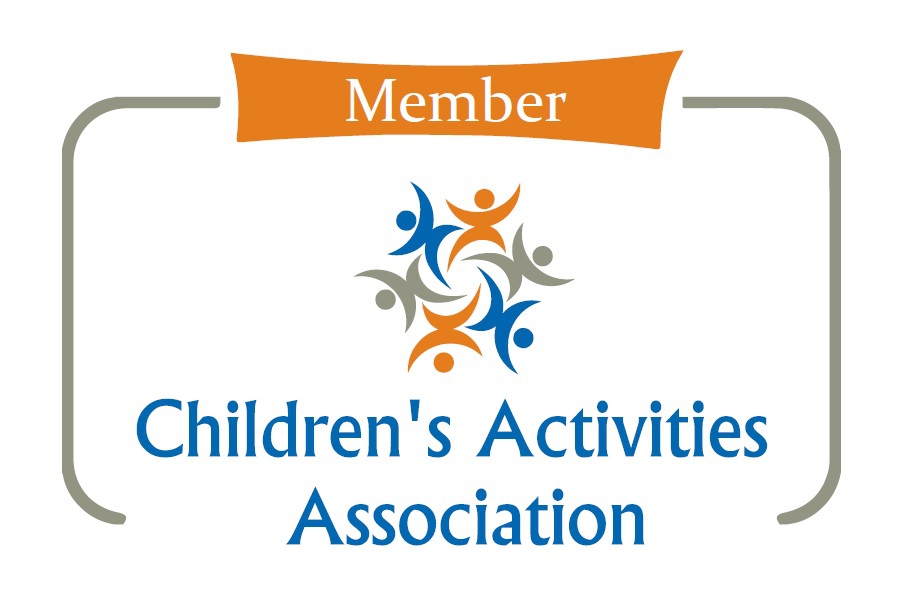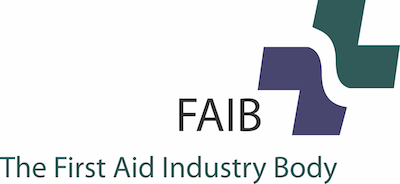At Mini First Aid, we know how confusing it can feel when your little one is poorly. Do I call 999, ring 111, or book a GP appointment? Am I wasting time - or worse, wasting someone else’s? And how do I make sure I make the most of my precious 10 minutes with the doctor?
We chat to Dr Lowri Hext - busy mum, GP and Mini First Aid trainer - who shares her insider knowledge to help families navigate the health system with confidence.
Meet Lowri
Dr Lowri Hext wears many hats. She’s a GP in South Wales, a mum of two, and a franchise owner of Mini First Aid Swansea, Vale and Valleys. Her unique perspective as both a healthcare professional and a parent make her the perfect person to guide families on how to get the most out of their GP visits.
Lowri joined Mini First Aid after attending a class while on maternity leave. Realising how valuable and empowering first aid knowledge is for parents, she decided to train as a Mini First Aid trainer herself - bringing both her medical and parenting experience into every session.
When should you call 999, 111 or your GP?
One of the most common questions Lowri gets asked is this: “When should I contact my GP, and when should I call 111 or 999?”
Here's a simple breakdown:
- Call 999 if it's a life-threatening emergency. This includes symptoms like:
- Difficulty breathing
- Severe bleeding
- Seizures
- Suspected stroke or heart attack
- Unconsciousness
- Severe allergic reactions
- Call 111 when you need urgent medical help but it's not a life-threatening emergency. The 111 service is available 24/7 and helps you get the right help quickly. 111 can assist you if you cannot contact your GP during the day or when the GP practice is closed (out of hours).
- Contact your GP during working hours (usually Monday to Friday, 8:00–18:30) for:
- Non-urgent issues that still need medical attention
- Ongoing concerns or check-ups
- Persistent but non-emergency symptoms
Lowri adds: “Don’t worry about whether something is ‘important enough’. If you’re concerned about your child, we want to know. Parental instinct matters.”
GP appointments: What really happens behind the scenes
Ever wonder what your GP gets up to outside of those 10-minute consultations?
Lowri’s days are a whirlwind of:
- Reviewing test results
- Writing referrals
- Answering prescription queries
- Making home visits
- Seeing 30+ patients a day
“No two days are the same,” she says. “You never know who’s coming through the door, so it keeps you on your toes. It’s busy but really rewarding.”
How to get the most out of your GP appointment
Let’s face it - GP appointments are short. Lowri shares her top tips for making every minute count:
Come prepared
Think about what’s been happening before you arrive. You don’t need to write an essay, but try to:
- Be specific (“This rash started 3 days ago” is more helpful than “a while ago”)
- Think about what you’re worried about (e.g. “I’m worried it could be something serious like sepsis”)
- Mention any relevant family history or recent illnesses
Roleplay the visit at home
“Children who have toy doctor kits at home are often more relaxed in the consultation room,” says Lowri. Roleplaying with your child can help them understand what to expect, making the visit less intimidating for everyone.
Dress smart (for speed!)
Little tip: avoid dressing your child in too many layers before the appointment. Taking off coats, cardigans and boots eats into your time and can stress everyone out. Layers are great - but remove them in the waiting room if you can.
Is it OK to come back if I’m still worried?
Absolutely. In fact, Lowri encourages it.
“Things can change quickly - especially with children. If your child’s condition gets worse after the appointment, or if you’re still feeling unsure, don’t hesitate to get back in touch,” she says.
Many GPs offer something called a safety netting - advice given at the end of an appointment explaining what symptoms to look out for, and when to return.
“If your gut is telling you something’s wrong, trust it,” says Lowri. “We’d rather see you again than have you sit at home worrying.”
If you're concerned about something specific - say it! Lowri explains, “If you’re thinking ‘I’m worried about meningitis’ or ‘I’m worried this might be sepsis’, tell us. Knowing what’s on your mind helps us help you.”
Common missteps to avoid
Most parents are brilliant, but Lowri shares a few things that can slow down appointments:
Arriving
late without warning
Life
happens - especially with little ones - but try to call ahead if you’re running
behind. GPs work to a tight schedule.
Not
mentioning Google
“We
know most people Google symptoms,” says Lowri. “It’s fine! But let us know what
you’ve read, so we can address any worries and correct misinformation.”
Expecting
instant answers
Some
symptoms need follow-up tests or referrals. It's not always possible to
diagnose something on the spot - and that’s OK.
That one time a child came in with a blue rash…
No, it wasn’t meningitis.
A panicked mum once brought her child in with what looked like a strange blue rash. Lowri did a quick check with an alcohol wipe - and the “rash” wiped clean. Turns out the little one had just drawn on themselves with a biro!
This is a good reminder that while it’s always best to check, not every mark is a medical emergency.
When a GP becomes a parent
Has becoming a mum changed how Lowri practises medicine? Definitely.
“I’m more patient now, especially when parents are late or flustered,” she admits. “I’ve had those mornings where your toddler has a meltdown or a last-minute nappy disaster. I get it.”
She also takes extra care to make children feel comfortable during consultations. “If they’re relaxed, we can get through the appointment much more easily.”
GP, First Aid Trainer & Mum: Why it matters
For Lowri, her medical knowledge enhances the way she teaches Mini First Aid classes - but she’s careful to separate her roles.
“If someone in class asks for medical advice, I have to redirect them to their own GP,” she says. “But what I can do is share real-life experience and help people understand what to look for.”
In fact, she tells every parent in her class the same thing:
“It’s not your job to diagnose. Your job is to recognise when your child is unwell, know what to do, and know where to go for help.”
Final words of advice from Dr Lowri Hext
Here are the key takeaways Lowri wants every parent and carer to remember:
Trust your gut. If you think something’s wrong, it probably is. Your instincts matter.
Don’t be afraid to come back. Things can change fast. If symptoms worsen - even 20 minutes after the appointment - call your GP again or contact 111.
Be clear about your worries. Whether it’s cancer, sepsis, meningitis or something else - say it out loud. Your GP wants to know what you’re worried about.
Use the right service at the right time.
Remember:
- 999 = Emergency
- GP = Routine or urgent during working hours
- 111 = Urgent help when your GP is closed
Summary
GPs are here to help, not judge. As a parent, you know your child best. Whether it’s a mystery rash, a high fever, or just that something’s not quite right feeling, it’s always OK to get it checked.
At Mini First Aid, we’re here to help build your confidence with award-winning first aid training for families. Because knowing what to do in an emergency can make all the difference. Book a class with Mini First Aid and feel confident dealing with everything from bumps and burns to CPR and choking. Our family-friendly courses are designed to empower you - no medical degree required.
Listen to the podcast
Listen to this episode of the Family Health by Mini First Aid podcast – available on all major platforms, or watch on YouTube.
Our Choking Prevention Bundle
 Help prevent choking at home with this brilliant safety bundle! We’ve put together some of our favourite tools to help keep little ones safe at mealtimes. This choking prevention bundle includes:
Help prevent choking at home with this brilliant safety bundle! We’ve put together some of our favourite tools to help keep little ones safe at mealtimes. This choking prevention bundle includes:
- A grape cutter - quickly quarter grapes into safe size - also great for cherry tomatoes and blueberries!
- A choke tester - a simple way to check if everyday objects pose a choking risk. If it fits in the tester, it’s a no-go
- Sit, Chop, Chew book - a fun, family-friendly read that teaches children how to eat safely
- A choking first aid fridge magnet - easy-to-follow steps to help you act fast in an emergency.
Peace of mind for parents, safety for little ones.








